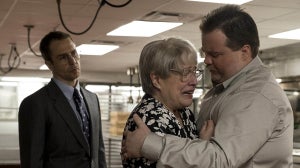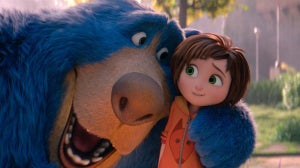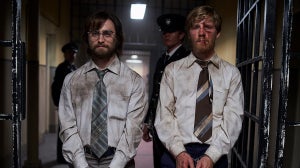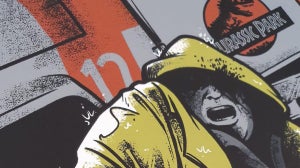
Over the course of 48 pages, we see Lyle sent to captivity at the zoo by his aptly titled neighbour Mr. Grumps, only to become a hero when he escapes and saves him from a house fire.
It’s enough for a story aimed at very young readers, but naturally not much of a narrative for a feature-length movie.
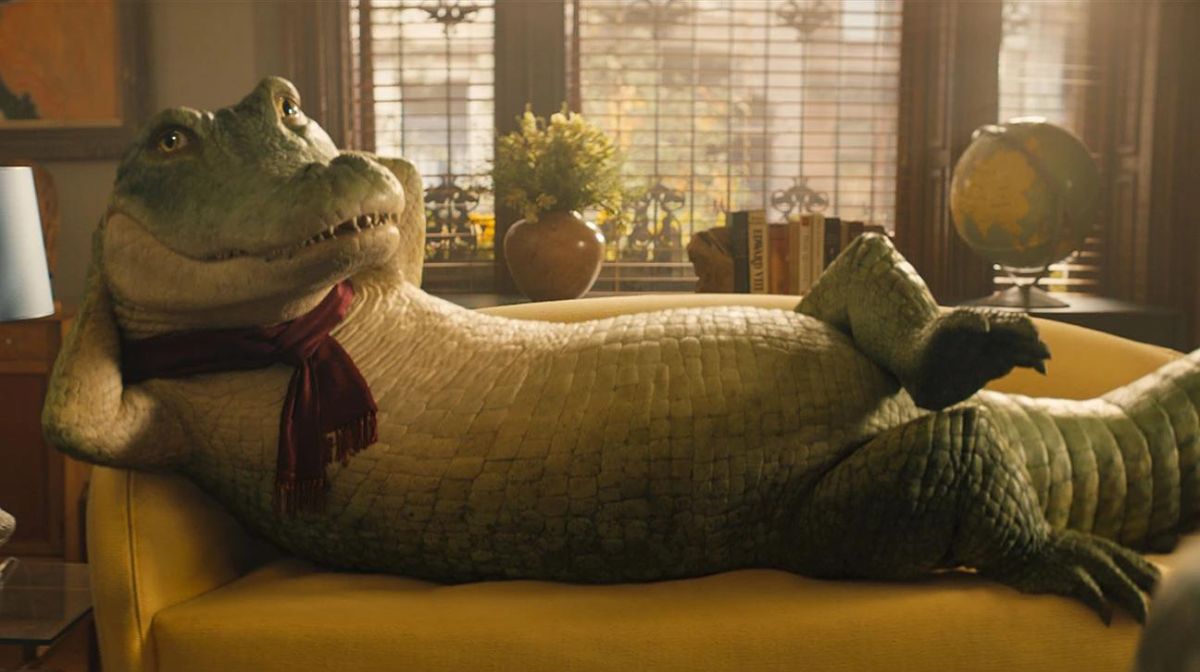
This was the first issue directors Will Speck and Josh Gordon faced when signing on to adapt a tale they had been fans of since childhood.
Speaking to us, Speck said that rediscovering the story as a parent reading it to his kids helped rekindle that love for it.
He explained: “Josh and I grew up with that book, we were always huge fans of it, and we both had little kids that loved it. I think it's just something that stayed with us, so when we were looking for new projects, it became something we were actively pursuing.
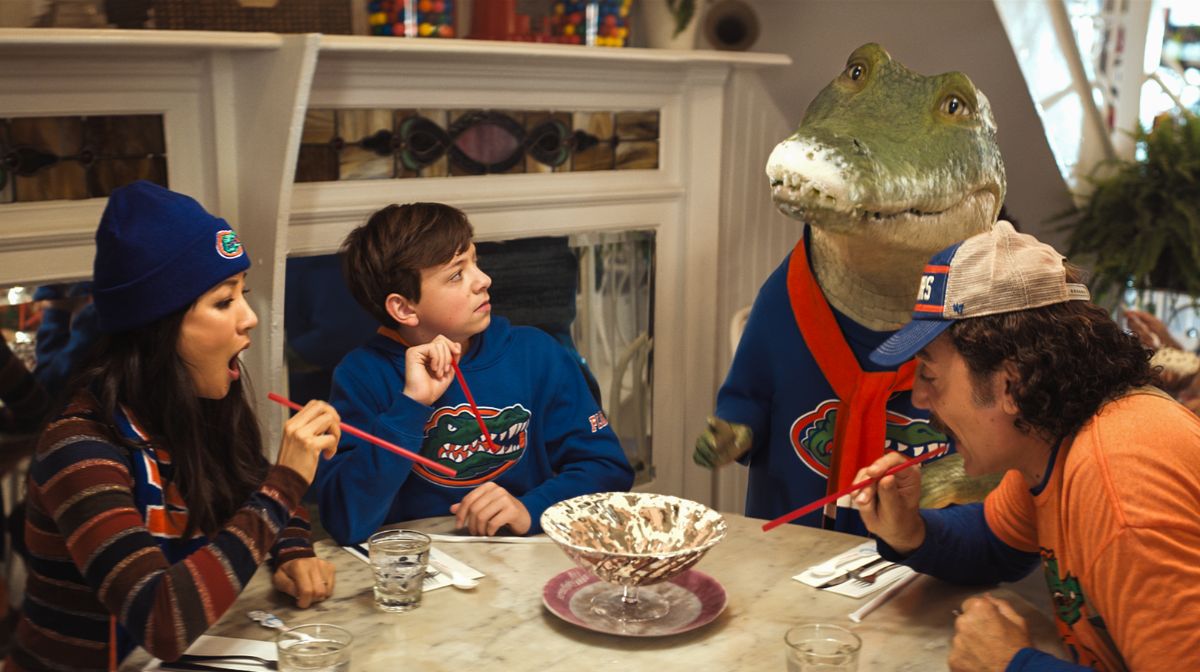
“What was great about the source material is that it tells an expansive story with very little detail, which we loved as directors, allowing us to fill in with what we’d always imagined when developing the script.
"It wasn’t an incredibly intricate story or hard to follow. It was a tale with a simple, resonate theme about acceptance and tolerance, that we were excited to develop further and put out into the world.”
In the directors’ adaptation, the Primm family (led by Constance Wu and Scoot McNairy) move to New York City, only for son Josh (Winslow Fegley) to discover singing crocodile Lyle (Shawn Mendes) living in the attic of their new home. The two become friends, but he soon has to fight to save Lyle with the help of his flamboyant owner Hector (Javier Bardem) when their antagonistic neighbour Mr Grumps (Brett Gelman) starts trying to get the singing reptile removed from the building.
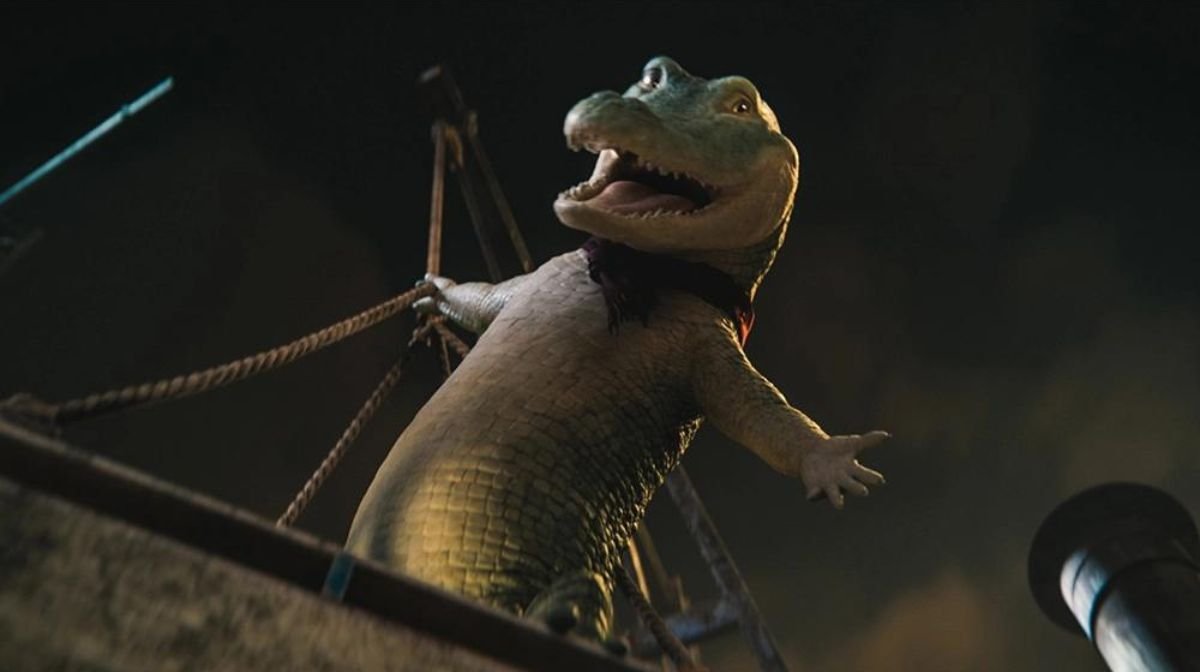
Speck and Gordon worked with screenwriter Will Davies (best known for the Johnny English trilogy) to flesh out the story, quickly realising the key to transforming such a brief tale into a movie was Lyle’s previous life on the stage.
“We had an incredible partner in Will, and for a while, we were trying to figure out the best way to build this story out. Eventually, we realised the key thing in the book was the clue that Lyle is a performer – but we don’t find anything about his origin as a singer and dancer in there. So that gave us a whole new arc to play with, and helped flesh out Javier Bardem’s character further”.
Of course, in realising this was the key to the story, the pair suddenly had to face a new challenge: making a full-blown musical for the first time, with a lead character who is entirely CGI. Because of this factor, various elaborate steps had to be taken during production.
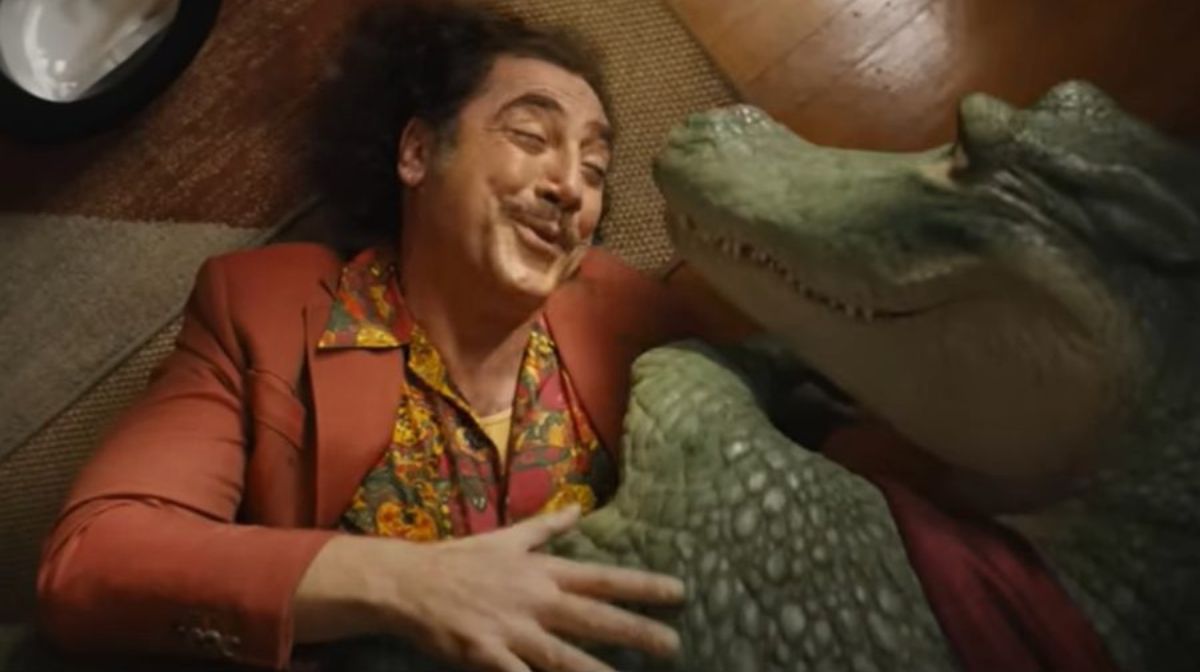
“There are several challenges with making a musical”, Gordon added. “It’s a completely different way of making a movie – there is much more rehearsal time required for a film like this. The Hollywood machine doesn’t yet fully remember how to make movies in this way, because the genre is now such a rarity.
"But the major benefit about musicals being a different beast is that they are much more efficient in terms of storytelling. You can have huge character growth in the space of a single song, which a regular script could need 10 or 15 pages to achieve!”
The songs for Lyle, Lyle, Crocodile were written by the powerhouse songwriting duo Pasek & Paul, best known for La La Land and The Greatest Showman, as well as winning a Tony Award for their work on Dear Evan Hansen. The director duo gave the songwriters free reign when it came to crafting the film’s music, briefing them on the basic themes each song was meant to accomplish, giving them a tempo to stick to, and then leaving them to it.

But for a musical to work, it needs an established musical performer at the centre – and for Speck and Gordon, this came in the form of pop star Shawn Mendes, in his debut leading role as the voice of Lyle. As a crocodile whose dialogue is performed entirely through song, they needed an actor with a great set of pipes to carry the movie. Mendes easily ticked that box, but they were attracted to the star due to his other qualities, that they felt were a perfect match for their showbiz reptile.
“(Shawn) has an innocence and optimism like the character, he’s just very kind in spirit”, Gordon continued. “We know he’s a great performer through his music, but he’s particularly skilled at knowing how to mine emotions when communicating through song – something crucial when this is a character that doesn’t speak”.
Mendes recorded his voice performance in the midst of shooting, with the pair capturing it digitally and sending to their VFX house. It was during this period that the original character design of Lyle got a makeover, to better suit the personality the pair felt was present from hearing Mendes embody the character.

But while the VFX were necessary to bring Lyle to life, the director duo agree on this being a less important factor than crafting a reality believable enough to help suspend disbelief at the antics onscreen. As Speck explained: “When you’re making a film largely driven by visual effects, with a character at the centre the audience needs to buy into, the actual challenge is building the reality around them.
"You want to make sure everybody suspends disbelief and immediately accepts a singing crocodile as a natural part of this world, without distancing them and making them think it’s merely a visual effect or a cartoon. If you can create a reality like that, then everything else falls into place”.
So, this month, prepare to believe in the impossible as the children’s book adaptation arrives in cinemas. One thing is for sure though – you'll never look at a crocodile in quite the same way again.
Lyle, Lyle, Crocodile is in UK cinemas now.
Subscribe to The Lowdown to get each edition sent straight to your inbox for free.


